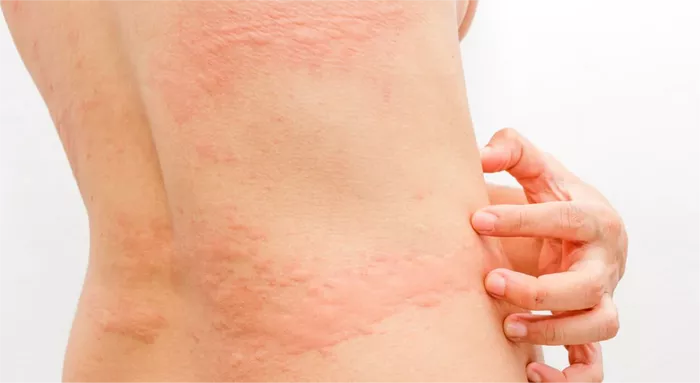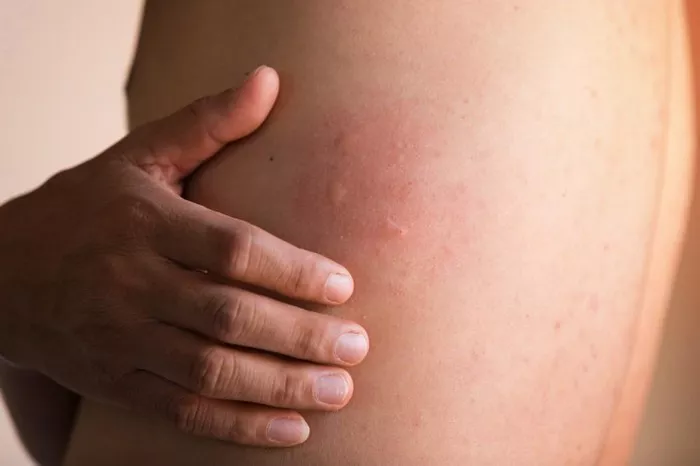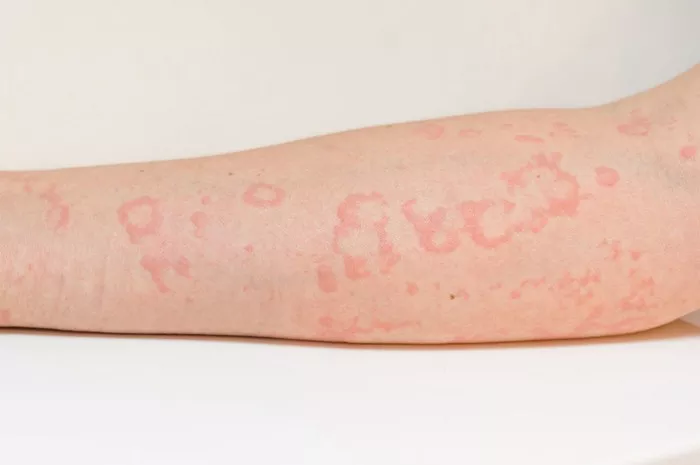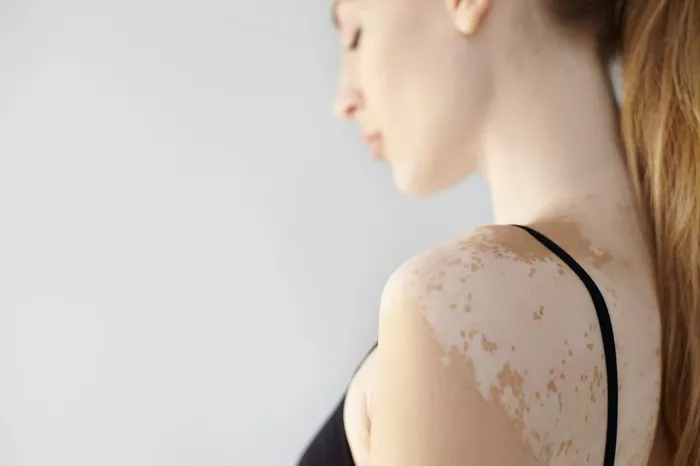In the fast-paced modern world, stress has become an almost unavoidable part of life. From work pressures to personal challenges, individuals encounter various stressors daily. While it’s commonly known that stress can manifest in physical symptoms, one of the lesser-understood reactions is the development of hives. Hives, also known as urticaria, are itchy welts on the skin that can appear suddenly and disappear just as quickly. Understanding the intricate relationship between stress and hives is crucial for both medical professionals and individuals seeking relief from this distressing condition.
The Physiology of Stress Response
To comprehend how stress induces hives, it’s imperative to delve into the body’s stress response system. When faced with a stressful situation, the body initiates a cascade of physiological changes, collectively known as the “fight or flight” response. This response involves the release of stress hormones, primarily cortisol and adrenaline, by the adrenal glands.
Cortisol, often referred to as the stress hormone, plays a central role in regulating various bodily functions, including the immune system and inflammatory responses. In times of stress, cortisol levels surge, preparing the body to cope with the perceived threat. While this response is essential for survival in acute situations, chronic stress can disrupt the delicate balance of cortisol production, leading to dysregulation of immune and inflammatory pathways.
The Role of the Immune System
The immune system serves as the body’s defense mechanism against harmful pathogens and foreign invaders. However, under conditions of chronic stress, the immune system can become overactive or dysregulated, increasing the risk of inflammatory disorders such as hives.
Studies have shown that stress can directly influence the functioning of immune cells, particularly mast cells and T lymphocytes, which play pivotal roles in allergic reactions and inflammatory responses. Mast cells, abundant in the skin and mucosal tissues, release histamine and other inflammatory mediators in response to stress signals, triggering the characteristic itching and swelling associated with hives.
Furthermore, chronic stress has been linked to alterations in cytokine levels, signaling molecules that regulate immune function and inflammation. Dysregulation of cytokine production can exacerbate inflammatory conditions, including hives, by promoting an exaggerated immune response to otherwise harmless stimuli.
Psychological Factors and Hives
In addition to its physiological effects, stress can also exert a profound influence on psychological well-being, contributing to the development or exacerbation of hives through indirect mechanisms. Psychological factors such as anxiety, depression, and emotional distress have been implicated in the onset and persistence of chronic hives.
Individuals experiencing chronic stress may engage in maladaptive coping behaviors, such as excessive scratching or picking at the skin, which can exacerbate existing skin conditions like hives. Moreover, stress-related psychological symptoms can heighten the perception of itchiness and discomfort associated with hives, creating a cycle of worsening symptoms and psychological distress.
The Gut-Brain-Skin Axis
Recent research has uncovered the intricate interplay between the gut, brain, and skin, collectively known as the gut-brain-skin axis. Emerging evidence suggests that stress-induced alterations in gut microbiota composition and intestinal permeability can contribute to the development of inflammatory skin conditions, including hives.
The gut microbiota, comprising trillions of microorganisms residing in the gastrointestinal tract, play a crucial role in immune regulation and inflammatory balance. Disruption of the gut microbiota, often observed in individuals under chronic stress, can lead to increased intestinal permeability, allowing the translocation of bacterial toxins and inflammatory molecules into the bloodstream.
These circulating inflammatory mediators can trigger systemic immune responses and exacerbate skin inflammation, potentially contributing to the onset or aggravation of hives. Moreover, the gut microbiota communicate bidirectionally with the central nervous system via the gut-brain axis, influencing mood, behavior, and stress responses.
Managing Stress-Induced Hives: Strategies for Relief
Given the intricate interplay between stress and hives, effective management strategies should target both the underlying stressors and the associated skin symptoms. A multidisciplinary approach involving medical interventions, stress-reduction techniques, and lifestyle modifications is often recommended for individuals with stress-induced hives.
1. Stress Management Techniques:
Practicing stress-reduction techniques such as mindfulness meditation, deep breathing exercises, and progressive muscle relaxation can help alleviate psychological distress and modulate the body’s stress response. Incorporating regular physical activity, adequate sleep, and relaxation therapies into daily routines can also promote overall well-being and resilience to stress.
2. Cognitive-Behavioral Therapy (CBT):
CBT, a psychotherapeutic approach aimed at modifying maladaptive thoughts and behaviors, has shown promise in reducing both stress and hives symptoms. By addressing cognitive distortions and teaching coping skills, CBT can empower individuals to manage stress more effectively and break the cycle of stress-induced symptom exacerbation.
3. Nutritional Support:
Adopting a balanced diet rich in anti-inflammatory foods, such as fruits, vegetables, whole grains, and omega-3 fatty acids, can support immune function and mitigate inflammation. Probiotic supplements or fermented foods containing beneficial bacteria may also help restore gut microbiota balance and improve skin health.
4. Medical Treatment:
In cases of severe or persistent hives, medical intervention may be necessary to alleviate symptoms and address underlying inflammation. Antihistamines, corticosteroids, and other medications may be prescribed to reduce itching and swelling associated with hives. Immunomodulatory agents or biologic therapies may be considered for individuals with refractory or autoimmune-mediated hives.
5. Lifestyle Modifications:
Avoiding known triggers such as certain foods, medications, environmental allergens, and extreme temperatures can help prevent hives flare-ups. Maintaining a consistent skincare routine and using hypoallergenic products can minimize skin irritation and protect against external triggers.
Conclusion
In conclusion, the relationship between stress and hives is multifaceted, involving complex interactions between the immune system, neuroendocrine pathways, and psychological factors. Chronic stress can dysregulate immune and inflammatory responses, predisposing individuals to the development or exacerbation of hives. By addressing underlying stressors and implementing comprehensive management strategies, individuals can effectively mitigate the impact of stress on hives and improve overall quality of life. Continued research into the underlying mechanisms of stress-induced hives is essential for the development of targeted therapies and personalized treatment approaches tailored to individual needs.



























